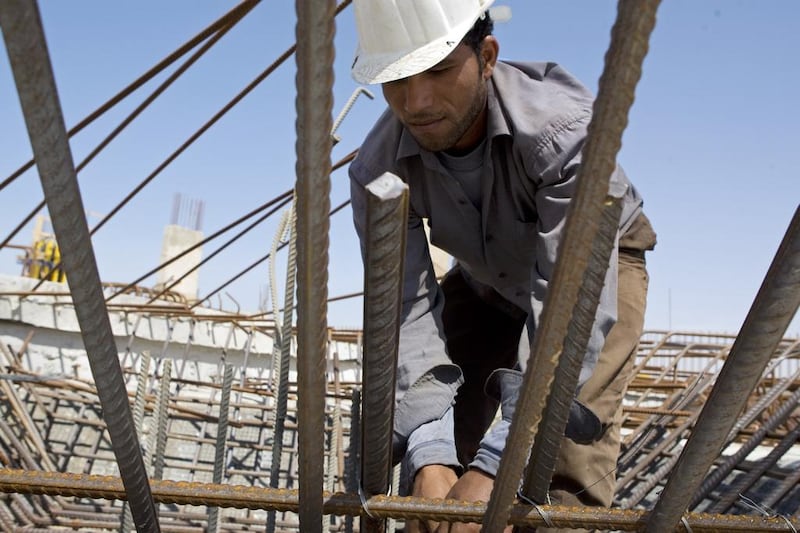A majority of Middle East employers fail to set aside funds to cover end of service benefit payments, but there is a growing demand to make it mandatory for companies, according to research from Zurich Global Life.
The average end of service benefit (EoSB) payment made to expatriate workers when they leave a job has risen by 140 per cent over the past six years as the average length of service increased to seven years from less than five years, said the report published yesterday.
Employees are entitled to 21 days’ basic salary for each complete year of service for the first five years, according to the UAE Labour Law. For each complete year of service over five years, they are entitled to 30 days of basic salary. A cap is set at two years’ remuneration. If the companies do not have assets to pay the liabilities, there is no legal requirement to make them pay.
About 83 per cent of companies surveyed make the payments as they become due from their working capital, according to Peter Cox, head of international pension plans at Zurich in the Middle East.
The research was based on a survey of chief financial officers and a round-table discussion, organised by the consultancy firm Insight Discovery. In November, Zurich surveyed 106 chief financial officers and finance executives across a range of sectors. Nearly a third of them work for construction companies. About 90 per cent of the respondents work with companies that are headquartered in the UAE. Around half of the companies have more than 1,000 employees.
“Companies in the Middle East struggle to see the prudence of de-risking an ever-growing financial issue,” Mr Cox said. “Because in their mind, it is not a significant [sum of money] but they are not valuing the liability correctly, not in line with the international standards.”
Zurich administers, invests and facilitates employee communications for about 50 employers in sectors such as in hotels and hospitality, oil and gas, and financial services in the UAE on EoSB funds.
It is the right time to set aside funds for EoSB, when the economy is slowing and there are talks of levying a corporate tax, according to Mr Cox.
“Due to the financing pressure, if they don’t have assets when they are laying off people, timing couldn’t be worse,” he said.
At least 85 per cent think of the respondents polled in the report said it would be a good idea if they did set aside funds for the payments.
“A [majority] think that a mandatory fund requirement would be a good thing, in that it would focus employers’ minds on a growing financial issue,” according to Nigel Sillitoe, the chief executive of Insight Discovery.
A majority of the companies – 72 per cent – do not expect the government to introduce a mandatory funding requirement.
A separate report estimated that the aggregate liabilities across the Arabian Gulf could rise to US$75 billion by 2020, according to the consultancy Towers Watson in 2010.
“Those employers who facilitate workplace savings will find that they become an employer of choice with significantly improved recruitment and retention results,” Mr Cox said.
ssahoo@thenational.ae
Follow The National's Business section on Twitter





